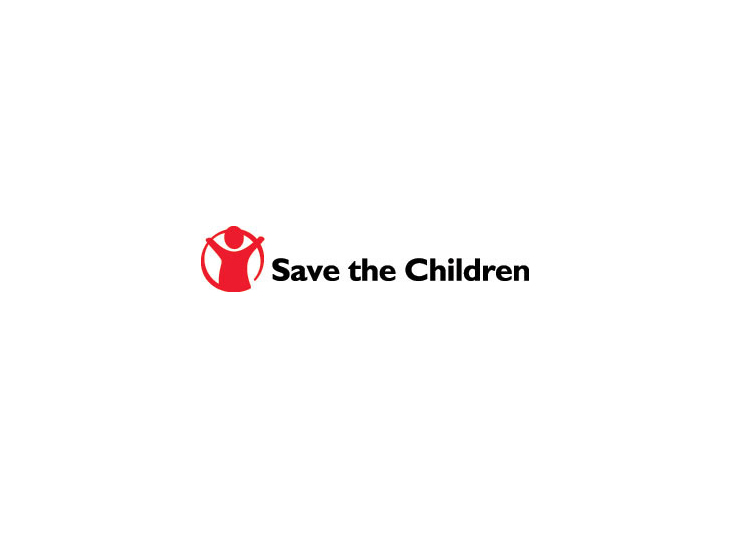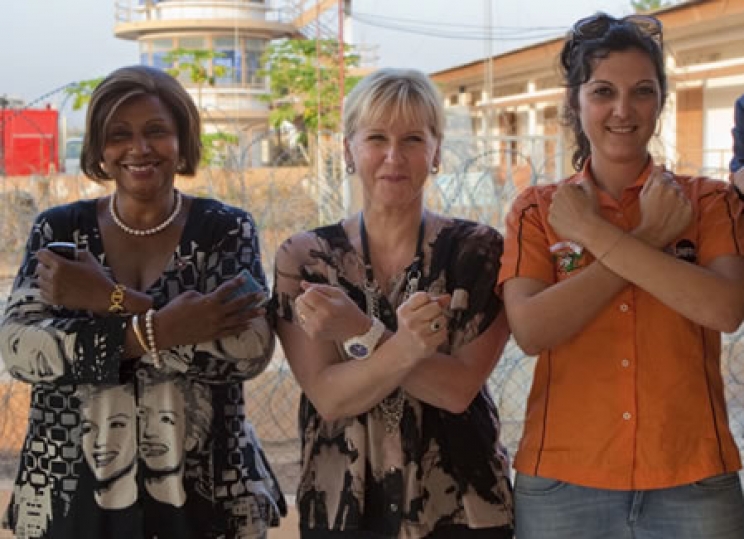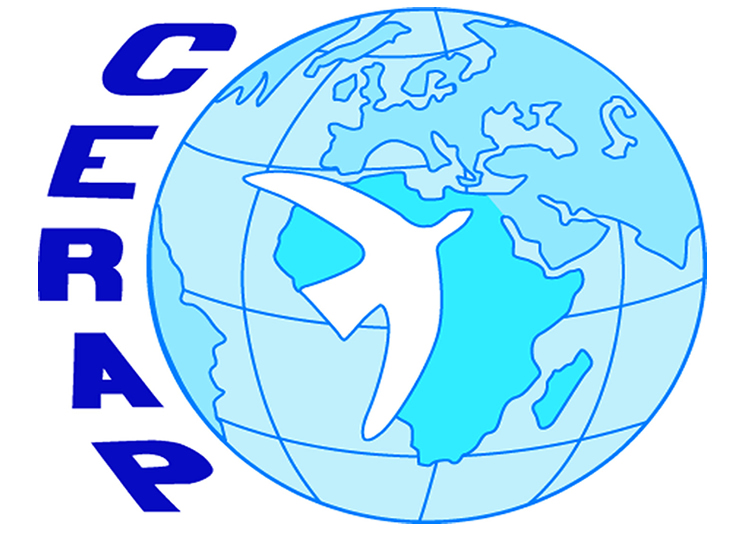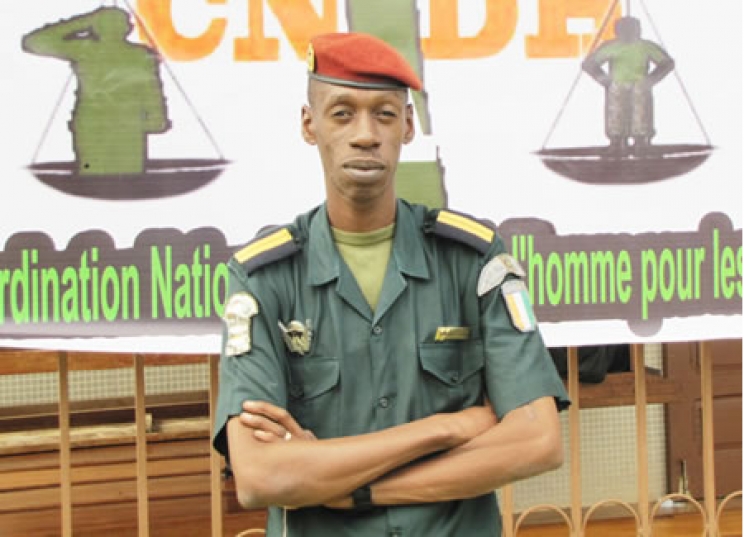
Lt BERTHE Nanourou | CADHA General Coordinator
Can you bring to our attention the main aspects of the CADHA program for the Armed Forces and the Security Forces?
Before presenting the CADHA program, it must be remembered that it is a non-governmental organization that was created in 2011 under the name National Coordination of Human Rights for the Armed Forces. The initiative was born out of the will of several organizations which, in the aftermath of the post-election crisis, signaled their intention to support the fight against the human rights violations perpetrated by the military.
Given the operational constraints, it was difficult to meet the expectations of those volunteers who planned to train and / or sensitize the Armed Forces. Thus, under the leadership of Diaby Bakari Sidiki at the time, a coordination of all the actions related to it, was carried out, to unite all the energies and the human, financial and material resources of the project.
You had to mobilize several actors to reach your goals…
We have been able to convince some 20 organizations to integrate the mold. Training activities were carried out in a dozen regional and departmental capitals for the benefit of not only soldiers, but also police officers, gendarmes, water and forests, customs officers and the prefectural body. This process allowed us to reach a broader target.
The CADHA has come a long way with the support of the Military Command, which has understood the merits of its action. It has also benefited greatly from the support of the United Nations system
You have decided to organize Open Days of DH and IHL in the Armed Forces. What justifies this initiative?
The socio-political situation has normalized, and as the 2015 election year approaches, the General Staff in collaboration with its partners has seen fit to show the civilian population what the Army is doing. in the field of the protection of Human Rights and International Humanitarian Law.
The CADHA has come a long way with the support of the Military Command, which has understood the merits of its action. It has also benefited greatly from the support of the United Nations system.
What do you think is the impact of the above-mentioned training on the military?
The CADHA has come a long way with the support of the Military Command, which has understood the merits of its action. It has also benefited greatly from the support of the United Nations system.
The Chief of Staff of the FRCI, Lieutenant General Soumaïla BAKAYOKO, gave at the mid-term review ceremony, diplomas of thanks to all the organizations that accompanied us. In my capacity as Legal Advisor to the Chief of the General Staff, I can tell you that the results are palpable. At the time, we were receiving many complaints about human rights violations, as the military did not have the knowledge to protect civilians. Today, these complaints, related to rape, are reduced to a few per month; but even one case is still too much. Today, the torture of civilians is an uncommon phenomenon. When there was an attack, the men in arms immediately began to repress, to rape everyone during the sweeps. It's no longer the case now. They were trained to react differently. The impact is positive. Dams have almost disappeared ... These are all facts that are the assets of the Chief of the General Staff who effectively promotes Human Rights and International Humanitarian Law in the defense and security sectors. Security. The Army Corps General Soumaïla BAKAYOKO is himself an instructor of International Humanitarian Law, he is able to promote the Human Rights in the Armed Forces.
In concrete terms, how will these days unfold?
The open days will last 3 days, from Thursday 04 to Saturday 06 December. Soumaïla BAKAYOKO, following the lecture given by Mamadou DIANE, Advisor to the President of the Republic in charge of Human Rights and Humanitarian Affairs on the theme: "FRCI's respect for human rights for emergence of Côte d'Ivoire by 2020 "and the screening of the institutional film retracing the activity of FRCI training by the CADHA in collaboration with its partners. At the end of this first highlight, discussions between the panelists and the audience were organized. During the visit of the stands, we discover the building dedicated to the promotion of human rights in the African armies, waiting for rehabilitation. At the end of the inaugural ceremony, stands and workshops are open to all three (03) days. The closing of Days is a concert on the stage of the battalion of Command within the enclosure of the General Staff so that the population and its army are communion and dance together. During the review of the Open Days, diplomas will be awarded to our partners.
Given the achievements of your activities, do you plan to extend your expertise to other countries in the subregion?
Yes of course and even beyond the Sub-Region! This is what motivated the change of name of National Coordination in African Coordination of Human Rights for the Armed Forces.




